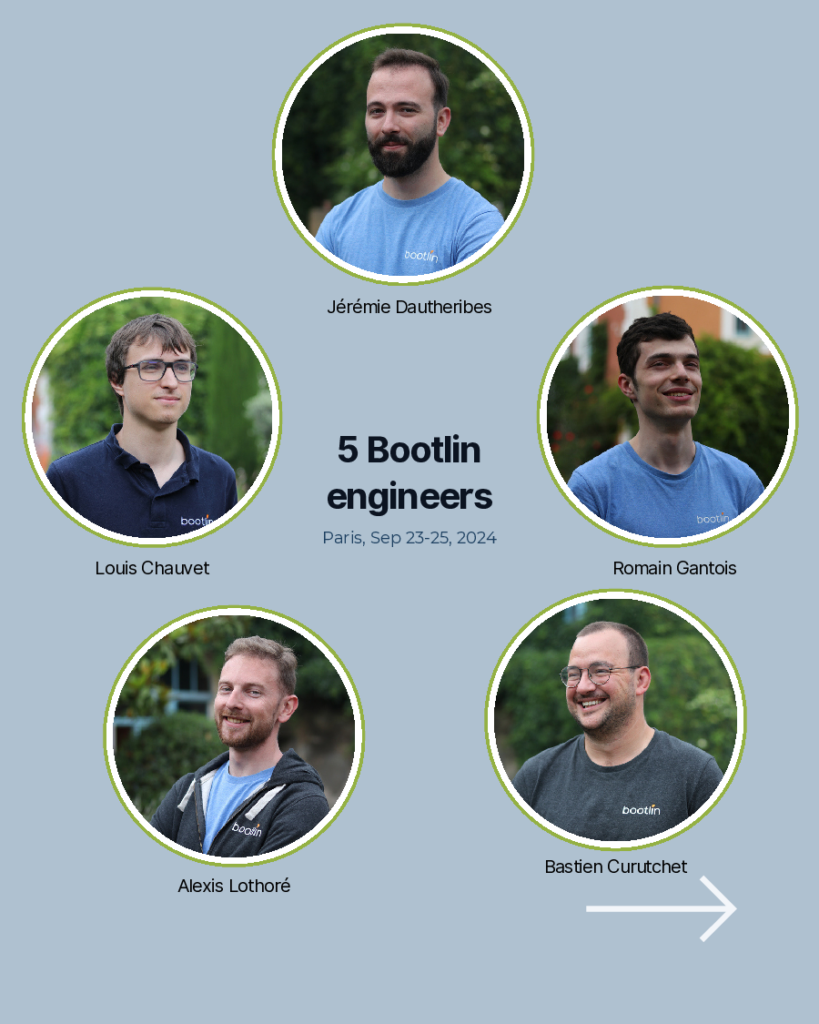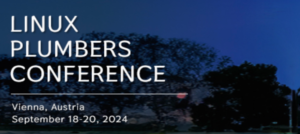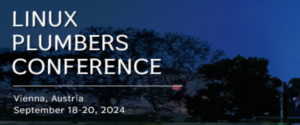 After a break in 2024, the Embedded Recipes conference is back in 2025! It will take place in Nice, France from May 14 to May 16.
After a break in 2024, the Embedded Recipes conference is back in 2025! It will take place in Nice, France from May 14 to May 16.
Bootlin is a Chef Sponsor of the event, and we will have a strong participation, with numerous engineers from our team attending the conference. Indeed no less than 15 engineers from our team will participate: Alexandre Belloni, Alexis Lothoré, Antonin Godard, Bastien Curutchet, Hervé Codina, Jérémie Dautheribes, João Marcos Costa, Köry Maincent, Mathieu Dubois-Briand, Miquèl Raynal, Richard Genoud, Théo Lebrun, Thomas Petazzoni, Thomas Perrot and Thomas Richard.
Even if the schedule is yet to be published, the Embedded Recipes organizers have always managed to put together an excellent line-up of talks and speakers, so we definitely recommend to anyone working on embedded Linux topics to join us and attend Embedded Recipes!




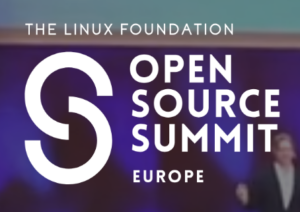
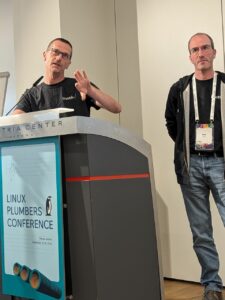 After the participation of 13 Bootlin engineers to
After the participation of 13 Bootlin engineers to 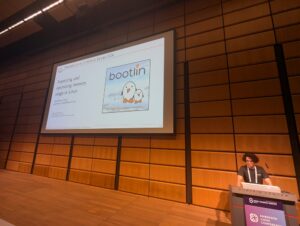 No less than 13 Bootlin engineers attended the
No less than 13 Bootlin engineers attended the 
